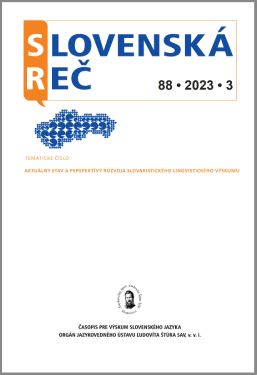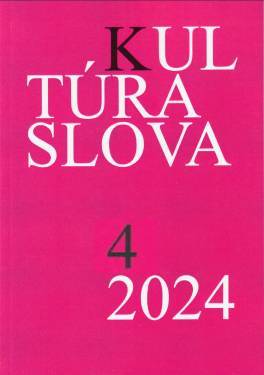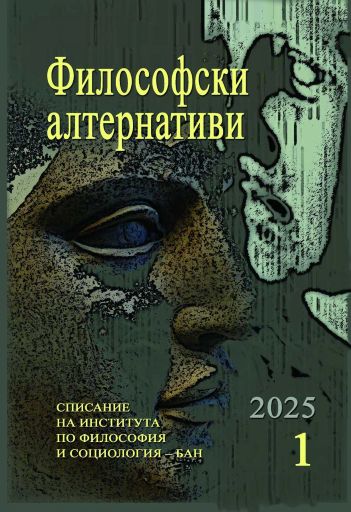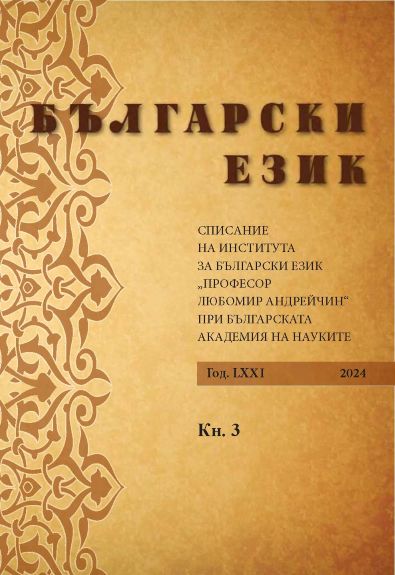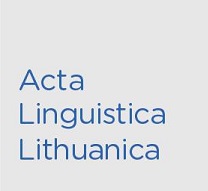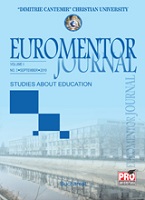
REPRESENTATION OF THE SPACE CATEGORY IN THE ENGLISH TERMINOLOGY OF BIOTECHNOLOGУ
This paper deals with the study of the modern English language terminology of biotechnology within the framework of the cognitive paradigm. The study of biotechnological terminology from the standpoint of cognitive linguistics is associated with the study of the role of epistemological categories and their linguistic expression in the studied terminology. It has been established that certain categories play an important role both in the birth of a scientific concept and in the formation of a name reflecting it. The author aims to reveal the functional features of the category of space in the language of biotechnology and to identify a set of tools in the English language that serve to express this category. The epistemological category of space is widely represented in biotechnological terminology, since it has pragmatic significance, which is explained by the need to accurately indicate the specific shape, size, location and movement of objects used by humans for manipulation. Thus, from the point of view of the cognitive approach, one of the bases for the classification of concepts in biotechnological terminology is the category of space. The concepts of space (PLACE, CONTENT, FORM, MOVEMENT) have paramount importance in the formation of biotechnology concepts. Linguistic means of representation of these space concepts are widely represented in the biotechnological terminology of the English language. They are special morphemes, special spatial vocabulary, syntactic constructions, which have space information.
More...
